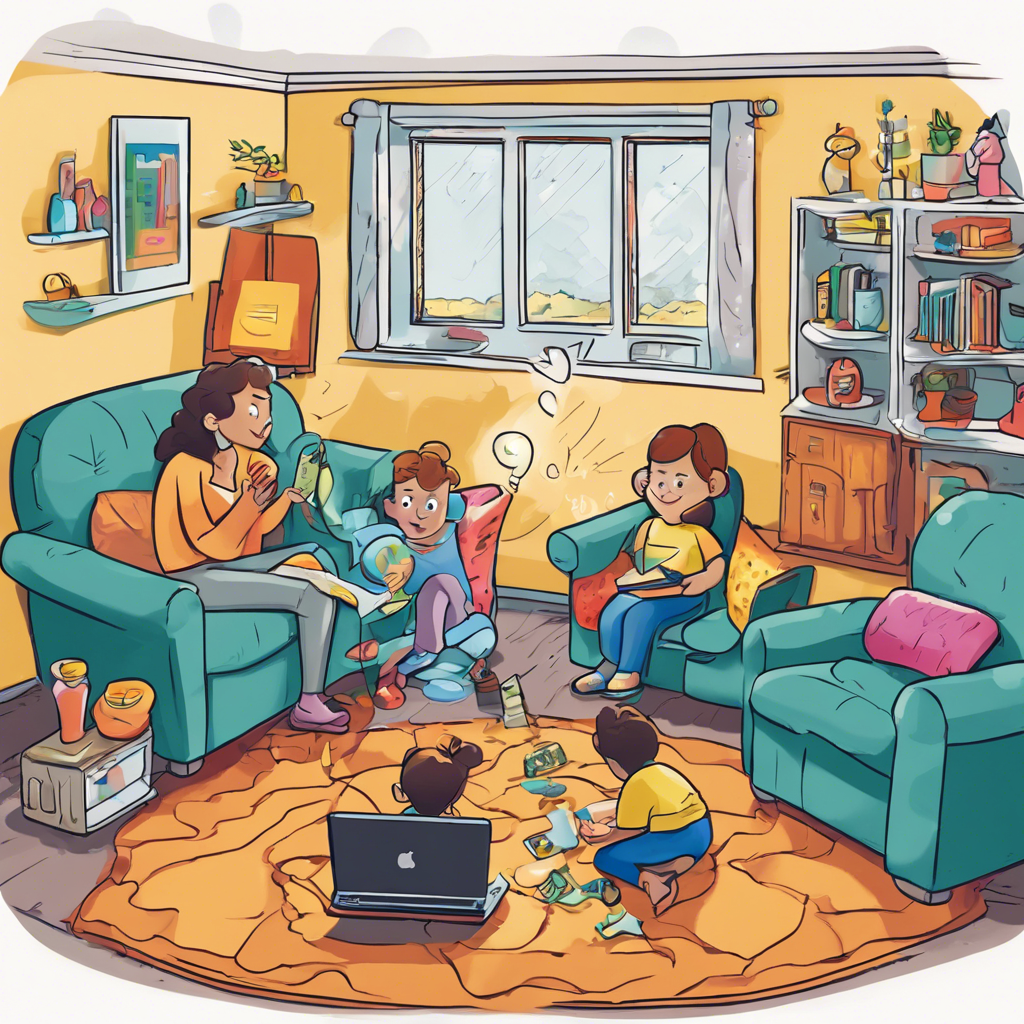How Do Audience Demographics Affect The Perceived Reliability Of News Sources Across Different Platforms?
Gathering question image...
Introduction
Understanding how audience demographics impact the perception of news source reliability is essential in today's digital landscape. Various demographic factors such as age, education, geographic location, and cultural background influence how different groups interpret news content. This complexity significantly affects the perception of news sources across diverse platforms.
The Role of Audience Demographics in News Reliability Perception
Demographics substantially shape individuals' evaluations of news reliability. Each demographic segment may focus on different factors such as credibility, bias, and the source of the news. For instance, younger audiences often prefer digital and multimedia platforms like social media, while older individuals might trust traditional news outlets, including newspapers and TV news. This divergence in platform preference leads to varied reliability perceptions based on the consumption method. Additionally, educational attainment affects the ability to assess bias and credibility, allowing individuals to arrive at different interpretations of the same news story. Studies show that those with higher education levels tend to possess better critical thinking capabilities, enabling them to evaluate the credibility of news sources more effectively and identify biases.
- Different age groups have unique preferences that influence their news consumption and reliability assessments.
- Individuals with advanced education levels typically have enhanced critical thinking skills, resulting in more accurate evaluations of news source credibility.
Influence of Platforms on News Source Reliability Perception
The platform on which news is accessed plays a crucial role in shaping audience perceptions of reliability. Social media channels often prioritize engagement and user-generated content, which can undermine factual accuracy and skew reliability perceptions, especially among younger users who may encounter significant amounts of misinformation. On the other hand, traditional media outlets usually adhere to established editorial standards, earning more trust from older demographics. Additionally, platforms that incorporate fact-checking resources can improve perceptions of reliability, particularly among users who actively utilize these features to verify the accuracy of the information they consume.
- Social media facilitates quick news sharing but frequently lacks comprehensive fact-checking, impacting reliability perceptions, notably among younger audiences.
- Established journalism standards in traditional media contribute to a stronger reputation for reliability, appealing more to the older demographic.
Conclusion
In conclusion, audience demographics play a key role in influencing perceptions of news reliability across various media platforms. Understanding these dynamics is vital for both media producers and consumers navigating the intricate landscape of news consumption in today's diverse informational ecosystem. By acknowledging the effects of demographics and platform characteristics, we can encourage a more informed public dialogue regarding news reliability.
Expert Quote
Dr. Kathleen Hall Jamieson, Director of the Annenberg Public Policy Center at the University of Pennsylvania
The perception of news source reliability is significantly influenced by the demographic characteristics of the audience, including their generational cohort and educational background. It is crucial to understand that different age groups engage with news content in varied ways, shaping their overall judgments on credibility.
Expert commentary on news reliability and audience demographics, 2022.
Relevant Links
Trust, Media Credibility, Social Ties, and the Intention to Share ...
https://pmc.ncbi.nlm.nih.gov/articles/PMC8869166/Setting the future of digital and social media marketing research ...
https://www.sciencedirect.com/science/article/pii/S0268401220308082Countering Disinformation Effectively: An Evidence-Based Policy ...
https://carnegieendowment.org/research/2024/01/countering-disinformation-effectively-an-evidence-based-policy-guide?lang=enOverview and key findings of the 2024 Digital News Report | Reuters ...
https://reutersinstitute.politics.ox.ac.uk/digital-news-report/2024/dnr-executive-summaryThe Future of Truth and Misinformation Online | Pew Research Center
https://www.pewresearch.org/internet/2017/10/19/the-future-of-truth-and-misinformation-online/Most popular questions

How Do The Personal Relationships Among Gods Affect Their Decisions In The Iliad?
The intricate relationships among the gods in Homer's epic poem 'The Iliad' play a crucial role in shaping their actions and decisions. These divine interactions create a complex web of fates, where each god's personal alliances and rivalries directly influence the events of the mortal world.

What Strategies Can Parents Use To Educate Their Children About Online Safety Beyond Privacy Settings?
In today's digital landscape, teaching children about online safety is essential for their protection and well-being. While privacy settings play a critical role, parents can implement various strategies to create a thorough understanding of online safety principles among their children.

What Are The Different Types Of Insulation Materials Commonly Used In Buildings, And How Do They Compare In Terms Of Thermal Resistance?
Insulation materials are vital for enhancing energy efficiency in residential and commercial buildings by minimizing heat transfer. Understanding the various insulation types can lead to better choices for thermal resistance and overall comfort.
Most recent questions

What Factors Influence The Complexity Of Red Wine Flavors?
The intricate flavor profiles of red wine are shaped by many elements, including the grape varieties chosen and the methods of winemaking. Understanding these factors enhances your enjoyment and appreciation of red wine and its vast array of tasting notes.

How Do The Ingredient Compositions Of Cocktails Influence Their Flavor Profiles Compared To Wine Styles?
The captivating world of cocktails and wines invites enthusiasts to delve into a rich exploration of flavors, driven by their diverse ingredient compositions. While both cocktails and wines present delightful tasting experiences, the interaction of their ingredients defines unique flavor profiles that set them apart.

What Specific Social Media Strategies Do Indie Musicians Use To Increase Fan Engagement?
Indie musicians encounter distinct challenges in amplifying their visibility and building connections with their audience. To successfully navigate the competitive music industry landscape, numerous indie artists adopt effective social media strategies aimed at boosting fan engagement and developing a dedicated following.